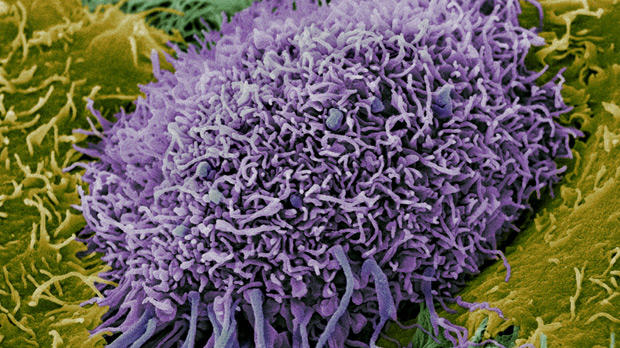
dATF4 regulation of mitochondrial folate-mediated one-carbon metabolism is neuroprotective. Cell Death and Differentiation, 2017; DOI: 10.1038/cdd.2016.158
A genetic ‘switch’ has been discovered by MRC researchers at the University of Leicester which could help to prevent or delay the symptoms of Parkinson’s disease. The team discovered that a gene called ATF4 plays a key role in Parkinson’s disease, acting as a ‘switch’ for genes that control mitochondrial metabolism for neuron health. Dr Miguel Martins from the MRC Toxicology Unit at the University of Leicester explained: “When the expression of ATF4 is reduced in flies, expression of these mitochondrial genes drops. This drop results in dramatic locomotor defects, decreased lifespan, and dysfunctional mitochondria in the brain.”
“Intere...
Read More








Recent Comments